What we believe
The Unseen Force Shaping Systems: Trauma
Beneath the surface of our dominant systems—whether in government, philanthropy, or social impact—lies an often-unacknowledged driver: trauma. Layers of trauma shape systems, bringing the imprint of personal, collective, historical, and intergenerational wounds. When left unexamined, these traumas manifest in the very structures and strategies we rely on, leading to decision-making and systemic structures rooted in fear, control, scarcity, and fragmentation. These patterns sustain inequities rather than dismantling them.
Trauma Is Not a Wise Guide
Trauma narrows our vision, convincing us that urgency is more important than depth, efficiency outweighs care, and measurable outcomes are the only proof of success. It pushes us toward short-term fixes rather than long-term transformation. But trauma is not a wise guide for the complexity of our challenges. Systems designed from a place of unresolved pain will continue to replicate harm, no matter how well-intentioned the interventions.
Collective Healing Is Possible—and Necessary
Collective healing practices—grounded in relationality, truth-telling, and a reclamation of our shared humanity—create the conditions for people to lead with wisdom rather than reactivity. Reconnecting to the Earth is essential to this healing, reminding us that we belong to something larger than human-made systems and that nature itself holds models of resilience, regeneration, and balance.
A Growing Movement Toward Healing-Centered Systems Change
This is not theoretical. Across the world, social change leaders are integrating healing into systems change work, drawing from ancestral wisdom and contemporary practices alike. They prove that when we engage in deep relational work and create spaces that allow grief, repair, and restoration, we unlock the possibility of systems that no longer perpetuate harm but foster wholeness and liberation.
